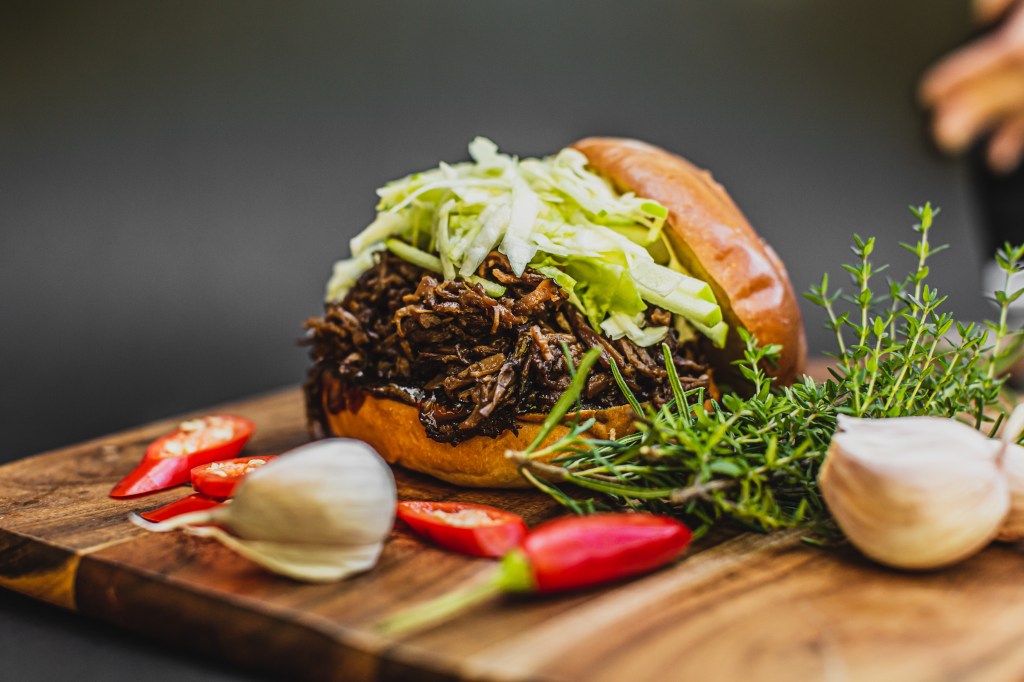With a CV that includes senior executive roles at Coca Cola and Simplot, Tony Rowlinson’s new role at Fënn Foods will help fast track the business’ expansion in the plant-based food category.
Commencing as CEO of Fënn Foods in February, Rowlinson has extensive global experience within the FMCG sector and has a proven history in multinationals as well as high-growth start-ups. During his time at Simplot, Rowlinson focused on both frozen and chilled ready meal products under iconic brands including Leggo’s, Edgell, Lean Cuisine and Birdseye.
“Tony has a proven record in growing profitable businesses through sound direction, the implementation of ‘best in class’ manufacturing processes, marketing excellence and international expansion. We are delighted he has joined the Fënn Foods team, as we continue on our journey of rapid growth, driven by increased demand for our plant-based products,” said executive chairman, Nicholas Simms.
The announcement of Rowlinson’s appointment came shortly after news of Fënn Foods’ recent $3 million capital raise, which included investment from Bombora Investment Manager, known for partnering with high growth companies.

Based on the Sunshine Coast, Fënn Foods was founded by chef Alejandro Cancino and in 2021 was the first company in the world to launch a certified carbon neutral plant-based mince under its vEEF brand. Its other products include plant-based burger patties, meatballs and bacon, as well as ready meals including plant-based meatloaf, pulled pork and butter chicken.
Making space for innovation
According to Rowlinson, his appointment will allow Cancino to focus on new product development, while he uses his experience in business operations to implement systems that will help the business to capitalise on booming demand.
“From my side, it’s about putting in the right processes. So we’ll have total integration from ideation through to making kitchen samples, getting it produced on a mass scale, getting the right costings and linking supply to demand,” Rowlinson told Future Alternative.
“Once all of these are aligned, it becomes very easy to know what’s a priority and what’s not. And systems are critical, but really, the hub of what we’re doing is based on innovation. By giving Alejandro the time to go and do what he does best, it’ll fast-track our growth and the roll-out of new products in new categories,” he said.
This could see the company looking beyond meat alternatives, becoming a major player in the broader plant-based category.
“At the moment, Fënn still feels very much like a meat alternative business, doing burgers and sausages and meatloaf. But now it’s about taking that and seeing what we else we can do, and adding value,” Rowlinson said.
“You know, what about other cuisines? Indian? What’s trending with Thai? Or Korean? How do we start to play in those areas? And then we can also look not just at the centre of plate, but at other opportunities, potentially even looking at dairy – or non-dairy, I should say – and condiments. How do we become a product-based company rather than just a meal substitute company?”
Regardless of where the company focuses its energies, Fënn’s commitment to using Australian ingredients wherever possible wont change. It’s another unique selling point, says Rowlinson, in an industry where, despite the consumer’s growing environmental consciousness, most products are imported.
“I didn’t realise [how many] plant-based meat alternatives are being imported,” he said. “I’m not saying it’s right or wrong, but it does mean Fënn is uniquely positioned, being locally owned and locally made, and trying to source as much as we can from local resources.”
To stay up-to-date on the latest industry headlines, sign up to Future Alternative’s enewsletter.
Posted on:


